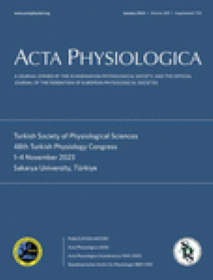With a focus on the discrepancy between preclinical and clinical findings, this review will gather comprehensive information about the effects of calcineurin inhibitors (CNI) on cognitive function and related brain pathology from in vitro, in vivo, and clinical studies. We also summarize the potential mechanisms that underlie the pathways related to CNI-induced cognitive impairment.
We systematically searched articles in PubMed using keywords ‘calcineurin inhibitor*’ and ‘cognition’ to identify related articles, which the final list pertaining to underlying mechanisms of CNI on cognition.
Several studies have reported an association between calcineurin and the neuropathology of Alzheimer’s disease (AD). AD is the most common neurocognitive disorder associated with amyloid plaques and neurofibrillary tangles in the brain, leading to cognitive impairment. CNI, including tacrolimus and cyclosporin A, are commonly prescribed for patients with transplantation of solid organs such as kidney, liver, or heart, those drugs are currently being used as long-term immunosuppressive therapy. Although preclinical models emphasize the favorable effects of CNI on the restoration of brain pathology due to the impacts of calcineurin on the alleviation of amyloid-beta deposition and tau hyperphosphorylation, or rescuing synaptic and mitochondrial functions, treatment-related neurotoxicity, resulting in cognitive dysfunctions has been observed in clinical settings of patients who received CNI.
Inconsistent results of CNI on cognition from clinical studies have been observed due to impairment of the blood-brain barrier, neuroinflammation mediated by reactive oxygen species, and alteration in mitochondrial fission, and extended research is required to confirm its promising use in cognitive impairment.


